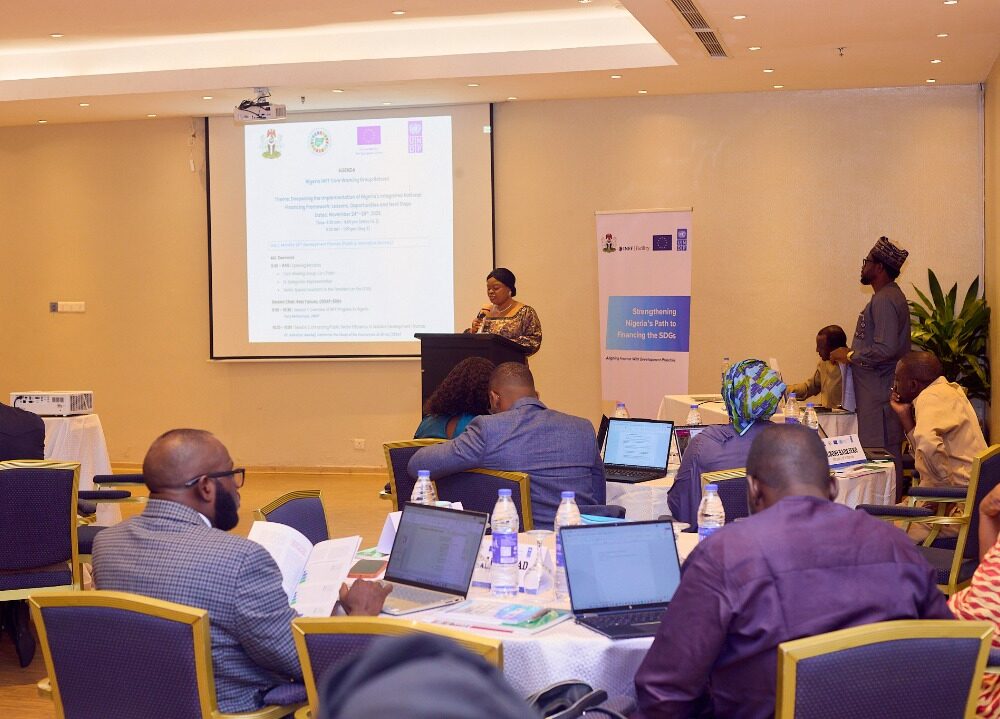Petrol tanker fires on Nigerian highways represent an ongoing national tragedy, characterized by significant loss of life, environmental damage, and economic setback.
In this article I will explore the critical role public relations can play in addressing this pervasive issue.
Through strategic communication, collaborative efforts, and community engagement, public relations can transform public awareness, influence policy changes, and ultimately reduce the frequency and impact of these devastating incidents.
Nigeria’s road network is a lifeline for its economy, facilitating the movement of goods and people. However, the recurrent incidents of petrol tanker fires pose significant threats to safety and development.
Inadequate safety protocols, poor infrastructure, and regulatory lapses have exacerbated these incidents, raising an urgent call for strategic intervention. Public relations (PR), with its ability to shape public perception and behavioural change, presents a viable approach to mitigating these risks.
Several factors contribute to petrol tanker fires on Nigerian highways, including overloading, poor vehicle maintenance, driver fatigue, and inadequate emergency response systems. The consequences are often catastrophic, leading to extensive human and economic loss and damaging the nation’s environmental resources.
Current measures have proven insufficient, highlighting the need for a comprehensive and multidisciplinary approach.
Public relations strategies aim to inform, educate, and engage stakeholders effectively. Key roles that PR can play include:
Develop and implement nationwide awareness campaigns using traditional and digital media to educate the public and stakeholders about the dangers of petrol tanker fires, emphasizing the critical importance of safety practices.
Facilitate dialogue between government bodies, transportation companies, civil society, and local communities to foster a shared responsibility model. Ensuring all voices are heard can lead to more inclusive and effective solutions.
Collaborate with policymakers to push for stricter regulations and enforcement regarding tanker operations. Public relations can highlight the success stories and best practices from other countries, advocating for their adoption.
Establish a robust communication framework for timely and accurate information dissemination during emergencies. Effective crisis communication can minimize panic and aid in coordinated response efforts
Organize and promote training programs for drivers and safety personnel, reinforcing best practices in safety and emergency response.
The article will present successful PR strategies from similar contexts globally, drawing parallels and providing actionable insights. For instance, a review of public safety campaigns in countries like Brazil and India can offer valuable lessons in reducing road transportation risks.
My article acknowledges potential challenges, such as resistance to change, lack of resources, and the political will needed to drive these initiatives. It emphasizes the importance of sustained efforts and the role of international support and partnerships.
In conclusion, public relations, when effectively integrated with policy measures and community engagement, has the potential to substantially reduce the incidence of petrol tanker fires on Nigerian highways.
By fostering a culture of safety and responsibility, enhancing public understanding, and influencing policy reform, PR strategies can contribute to safeguarding human lives, preserving the environment, and fostering economic stability.
Government agencies should prioritize funding and support for PR-driven safety campaigns.
Transportation companies need to adopt stringent safety standards and invest in PR efforts to educate their workforce.
Communities should be engaged as active participants in safety initiatives, providing feedback and support for ongoing campaigns.
Leveraging the power of strategic communication, Nigeria can turn the tide against the continuous tragedy of petrol tanker fires, ensuring safer highways for all.
Dr. Afolabi Olajuwon is a Fellow of the Nigerian Institute of Public Relations, Fellow of the Institute of Management Consultants, Fellow of the Chronicle Business School, Abuja, a Researcher and resource person at the International Institute of Journalism, Abuja.





